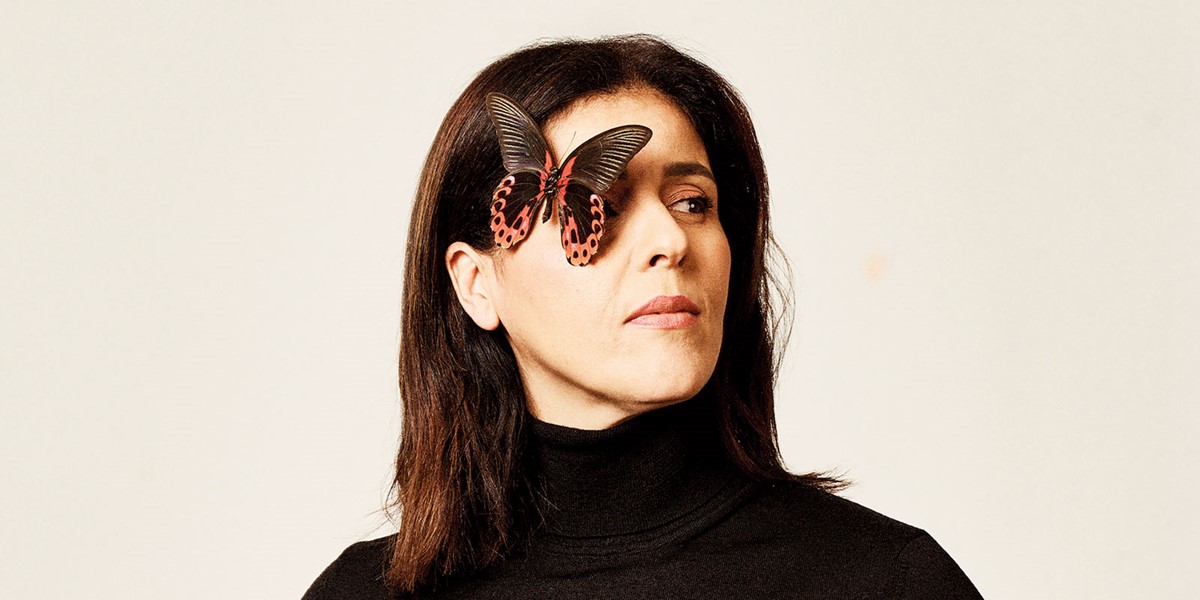Friday, December 2, 2022
Meeting Souad Massi: “The world is fragile, and I’m afraid for the future of our children”
Robin Denselow talks to the French-Algerian singer-songwriter Souad Massi, whose latest album is a testament to survival amid the depths of global despondency and personal hardship

Souad Massi (photo: Yann Orhan)

Register now to continue reading

Thanks for visiting the Songlines website, your guide to an extraordinary world of music and culture. Sign up for a free account now to enjoy:
- Free access to 2 subscriber-only articles and album reviews every month
- Unlimited access to our news and awards pages
- Our regular email newsletters

